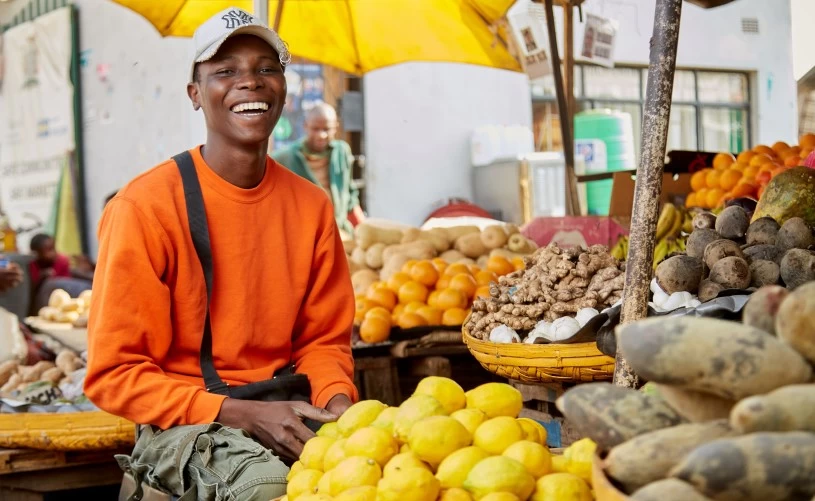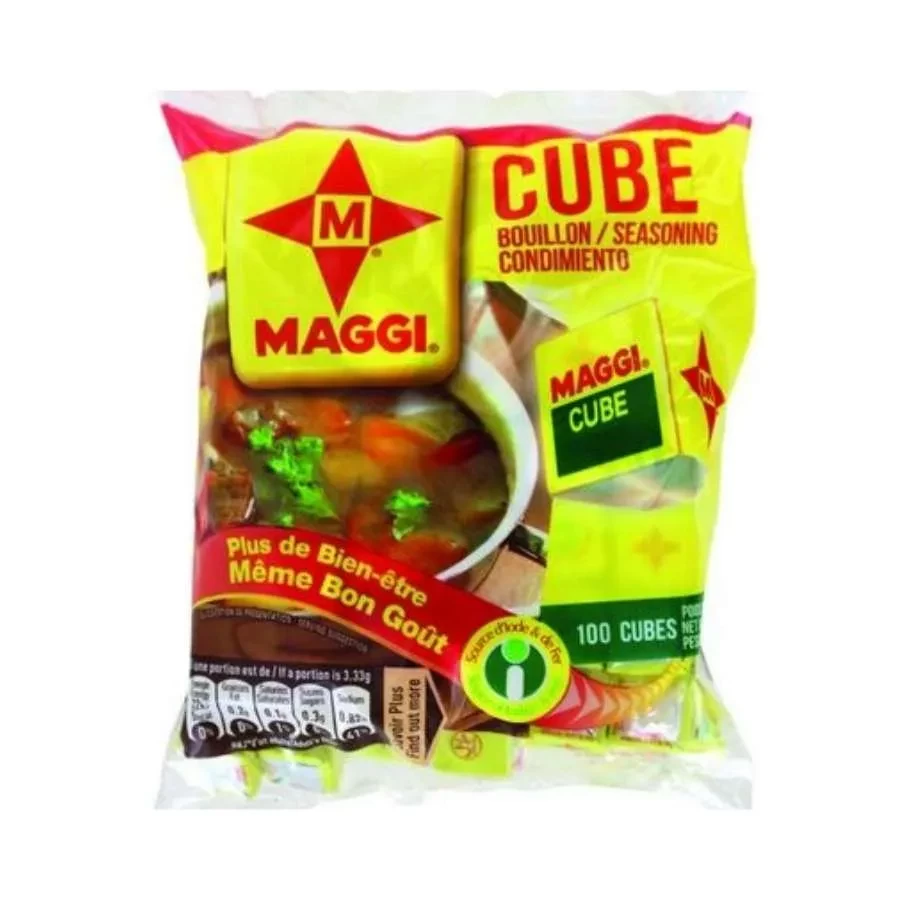Introduction:
In recent years, the demand for organic food has skyrocketed as people are becoming more conscious of the importance of healthy eating. Yet, many local farmers worldwide struggle to connect with consumers and sell their produce. However, in Cameroon, a groundbreaking initiative called Aleigro is stepping up to support these farmers by offering them an online marketplace to sell their organic goods. This article explores the economic and social implications of Aleigro's commendable efforts and highlights its crucial role in improving the livelihoods of local farmers.
Economic Implications:
Aleigro's online marketplace provides local farmers in Cameroon with a significant economic boost. Before, farmers primarily relied on traditional methods of selling their produce, limiting their market reach and profitability.
With Aleigro's platform, farmers now possess a virtual storefront accessible to anyone with an internet connection, resulting in expanded visibility and potential consumer base.
By eliminating intermediaries and enabling direct transactions, this innovative approach enables farmers to earn fair prices for their organic products, fostering increased financial stability for these hardworking individuals.
Furthermore, by adopting digital technology, Aleigro streamlines the sales process, reducing operational costs, and increasing efficiency.
Through this platform, farmers can easily manage their inventories, update product information, and accept online payments, eliminating paperwork and saving valuable time.
By embracing these technological advancements, Aleigro contributes to the overall growth of the agricultural sector, fostering economic development and encouraging the entrepreneurial spirit among local farmers.
Social Importance:
Beyond the economic impact, Aleigro's initiatives hold great social importance within Cameroon's communities. By facilitating direct connections between farmers and consumers, the platform enhances transparency, trust, and accountability.
Customers can gain a deeper understanding of the farming practices employed, ensuring the procurement of healthier and sustainably produced organic goods.
Additionally, Aleigro's marketplace encourages a sense of community as consumers can now engage in meaningful conversations with local farmers, fostering a deeper appreciation for their hard work and dedication.
Moreover, the availability of organic produce through Aleigro contributes to enhancing public health. Organic food is grown without the use of harmful pesticides and chemicals, preserving essential nutrients and promoting overall well-being.
By increasing accessibility to such nourishing products, Aleigro's marketplace enables consumers to make healthier food choices, potentially reducing diseases associated with chemical-laden produce.
Conclusion:
Aleigro's online marketplace has emerged as a transformative force in Cameroon, empowering local farmers and revolutionizing the sales and distribution of organic produce.
Through this platform, farmers can enjoy increased economic stability, while consumers gain access to healthier food options, fostering a virtuous cycle of sustainable agriculture and enhanced livelihoods.
The commendable efforts of Aleigro serve as an inspiration not only within Cameroon but also globally, highlighting the tremendous impact digital platforms can have in bridging gaps between farmers and consumers, and reshaping the dynamics of the agricultural sector for the better.




